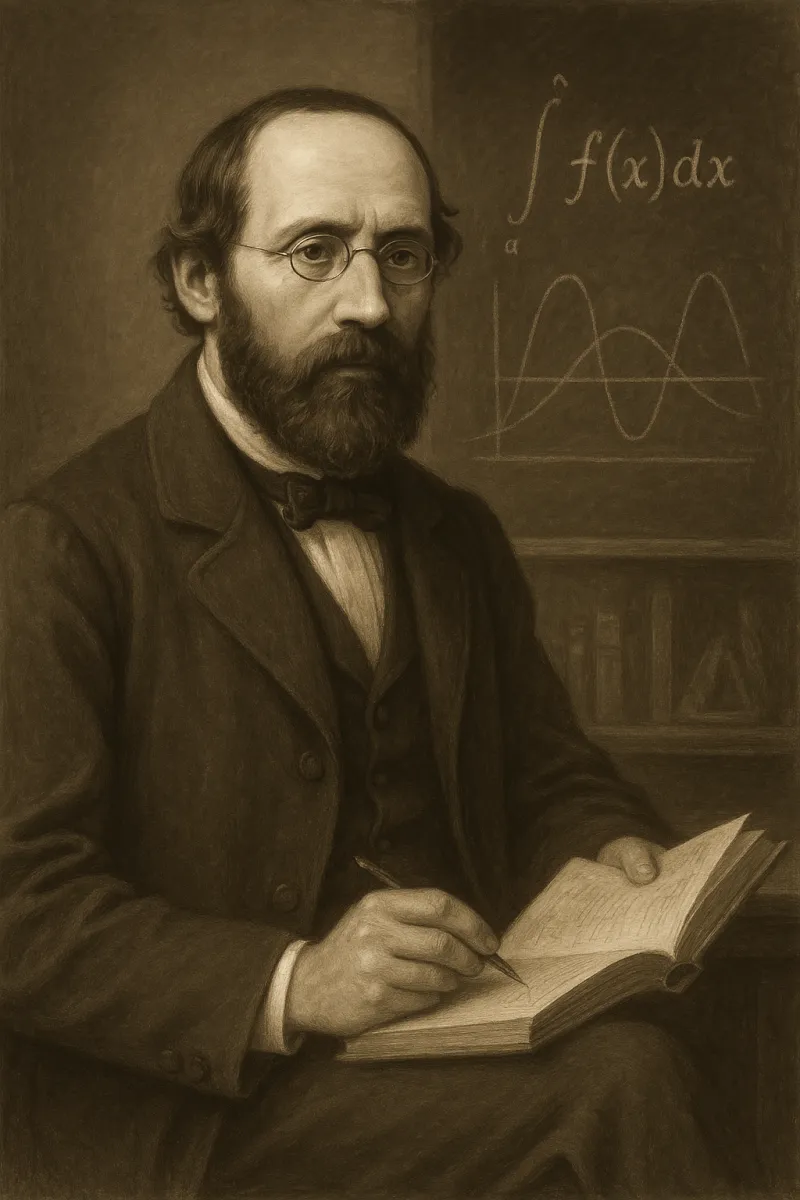Short Summary
William Herschel was a pioneering astronomer and composer, renowned for discovering the planet Uranus in 1781. His work significantly expanded the understanding of the solar system and the field of astronomy. Herschel constructed over 400 telescopes and made numerous other astronomical discoveries, including infrared radiation. His contributions to science and music have left a lasting legacy, making him a prominent figure in both fields.
Early Life & Education
William Herschel was born on November 15, 1738, in Hanover, Germany, into a family of musicians. His father, Isaac Herschel, was a talented musician who significantly influenced his early education. William and his siblings were taught music from a young age, with William showing particular aptitude. He joined the Hanoverian military band, but after relocating to England in 1757, he pursued a career in music as an organist and composer. His interest in astronomy was sparked later, largely self-taught, through avid reading and practical experimentation.
Career Highlights
Herschel's career took a significant turn when he began constructing telescopes in the 1770s. His dedication paid off with the discovery of Uranus in 1781, a finding that earned him international acclaim and a position as the King's Astronomer to George III. In subsequent years, he discovered two of Uranus's moons and two of Saturn's moons. Additionally, he made groundbreaking observations regarding the structure of the Milky Way and the presence of infrared radiation, further cementing his influence in astronomy.
Major Achievements
- Discovered Uranus: The first planet discovered with a telescope, expanding the known boundaries of the solar system.
- Identified infrared radiation: Demonstrated that there are types of light beyond the visible spectrum.
- Constructed over 400 telescopes: Improved telescope design and capability, facilitating many astronomical discoveries.
- Catalogued over 2,500 celestial objects: Contributed significantly to the field of stellar astronomy.
Famous Quotes
- "The undevout astronomer must be mad."
- "I have looked further into space than any human being did before me."
Interesting Facts
- William Herschel initially pursued a career in music.
- He was knighted in 1816 for his contributions to science.
- His sister, Caroline Herschel, was also a noted astronomer and his collaborator.
- Herschel's work laid the foundation for modern stellar astronomy.
- He discovered more than 800 binary star systems.
Legacy / Influence
William Herschel's discoveries and innovations in telescope design transformed astronomy, leading to a deeper understanding of the universe. His identification of infrared radiation opened new fields of scientific inquiry. His systematic cataloging of stars laid groundwork for future astronomers, and his influence extended into music, with compositions still performed today. Herschel's legacy is marked by his commitment to expanding human knowledge and understanding of the cosmos.
FAQ
Q: Why is William Herschel famous?
A: He is famous for discovering Uranus and identifying infrared radiation.
Q: How did he contribute to astronomy?
A: He made significant discoveries, improved telescope technology, and catalogued thousands of celestial objects.
Q: Was he involved in any other fields?
A: Yes, he was also a composer and musician.











